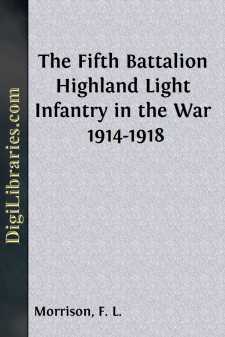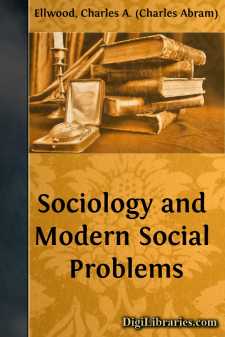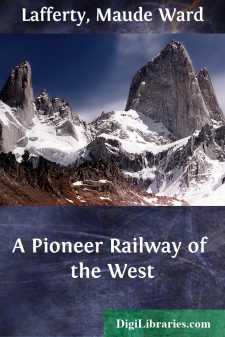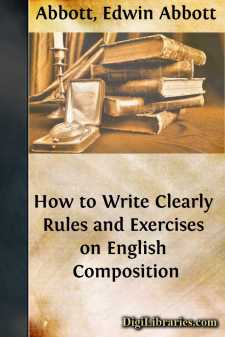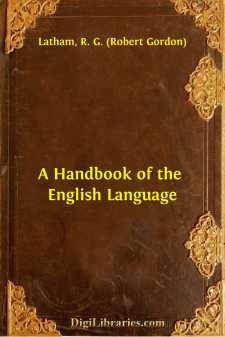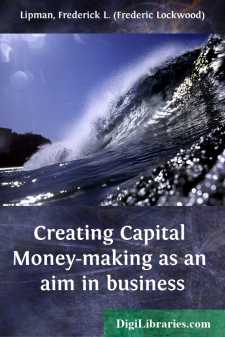Categories
- Antiques & Collectibles 13
- Architecture 36
- Art 48
- Bibles 22
- Biography & Autobiography 813
- Body, Mind & Spirit 142
- Business & Economics 28
- Children's Books 15
- Children's Fiction 12
- Computers 4
- Cooking 94
- Crafts & Hobbies 4
- Drama 346
- Education 46
- Family & Relationships 57
- Fiction 11829
- Games 19
- Gardening 17
- Health & Fitness 34
- History 1377
- House & Home 1
- Humor 147
- Juvenile Fiction 1873
- Juvenile Nonfiction 202
- Language Arts & Disciplines 88
- Law 16
- Literary Collections 686
- Literary Criticism 179
- Mathematics 13
- Medical 41
- Music 40
- Nature 179
- Non-Classifiable 1768
- Performing Arts 7
- Periodicals 1453
- Philosophy 64
- Photography 2
- Poetry 896
- Political Science 203
- Psychology 42
- Reference 154
- Religion 513
- Science 126
- Self-Help 84
- Social Science 81
- Sports & Recreation 34
- Study Aids 3
- Technology & Engineering 59
- Transportation 23
- Travel 463
- True Crime 29
The Fifth Battalion Highland Light Infantry in the War 1914-1918
by: F. L. Morrison
Description:
Excerpt
FROM MOBILISATION TO THE EAST.
The period from the date of mobilisation to the date on which we began our active service experiences we propose to pass over quickly, as the events which happened then seem now of small interest to those coming later.
With orders prepared carefully in peace time, mobilisation went smoothly. The Normal School, Glasgow, became a barracks and a place for the busy public of the New City Road to gaze at with interest.
Within a week our Brigade found itself at Dunfermline, and a few days later we were at Leven, with two companies on duty at the docks at Methil. The Leven companies did uninterrupted training, the Methil companies uninterrupted guards, and to the credit of the latter no one was drowned on these inky nights in the docks. It was there one night a small but gallant officer was going his rounds. One sentry was posted in mid-air on a coal shute, and to challenge persons approaching his post was one of his duties. On the approach of the officer there was no challenge, so to find the reason of this the officer climbed up the ladder and found the sentry, who explained he had seen something "right enuff," but thought it was "one of them things they tie ships to"—in other words a bollard.
The Army authorities had not then become prolific publishers of training pamphlets; training therefore was in accordance with the Red Books previously published, which meant that we trained for open warfare. Bombs, Trench Mortars or Rifle Grenades we never saw, still the training was invaluable and we became a very fit battalion.
All ranks have happy memories of the many kindnesses shown there by the good people of Leven and Methil, but in spite of the pleasures of home soldiering, being then enthusiasts, we thought we had been forgotten and longed for orders to proceed overseas.
Early in May, 1915, we gathered that we would soon be going abroad. It was then we heard that our Division would be known as the 52nd (Lowland) Division, and our Brigade, consisting of ourselves, the 6th and 7th H.L.I., and the 5th A. & S.H., as the 157th Infantry Brigade. Anticipating our move, the G.O.C. Division, General Egerton, lectured the officers at Markinch on warfare in France. He referred to us embarking on the greatest adventure of our lives; to many attending the lecture it was also their last. In spite of the lecture we found ourselves bound for the East.
On May 19th, Major T.L. Jowitt, Captain J.D. Black and eight subalterns with their trusty batmen left Leven for the South and they were lost to us for a month. This was owing to limited boat accommodation. The Battalion, under command of Colonel F.L. Morrison, moved from Leven on May 24th, with, we think we can say, the best wishes of the inhabitants. The next day found us at Plymouth boarding the Transylvania for her first voyage as a troopship. The transport section under Lieut. W.L. Buchanan sailed by another steamer. In addition to ourselves the Transylvania carried the 6th and 7th H.L.I. and about 100 unattached officers....


